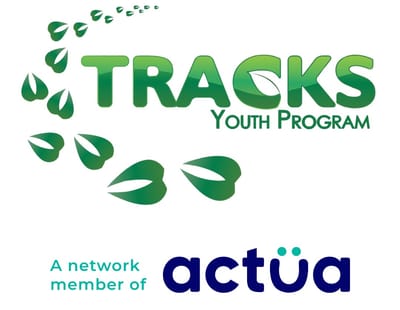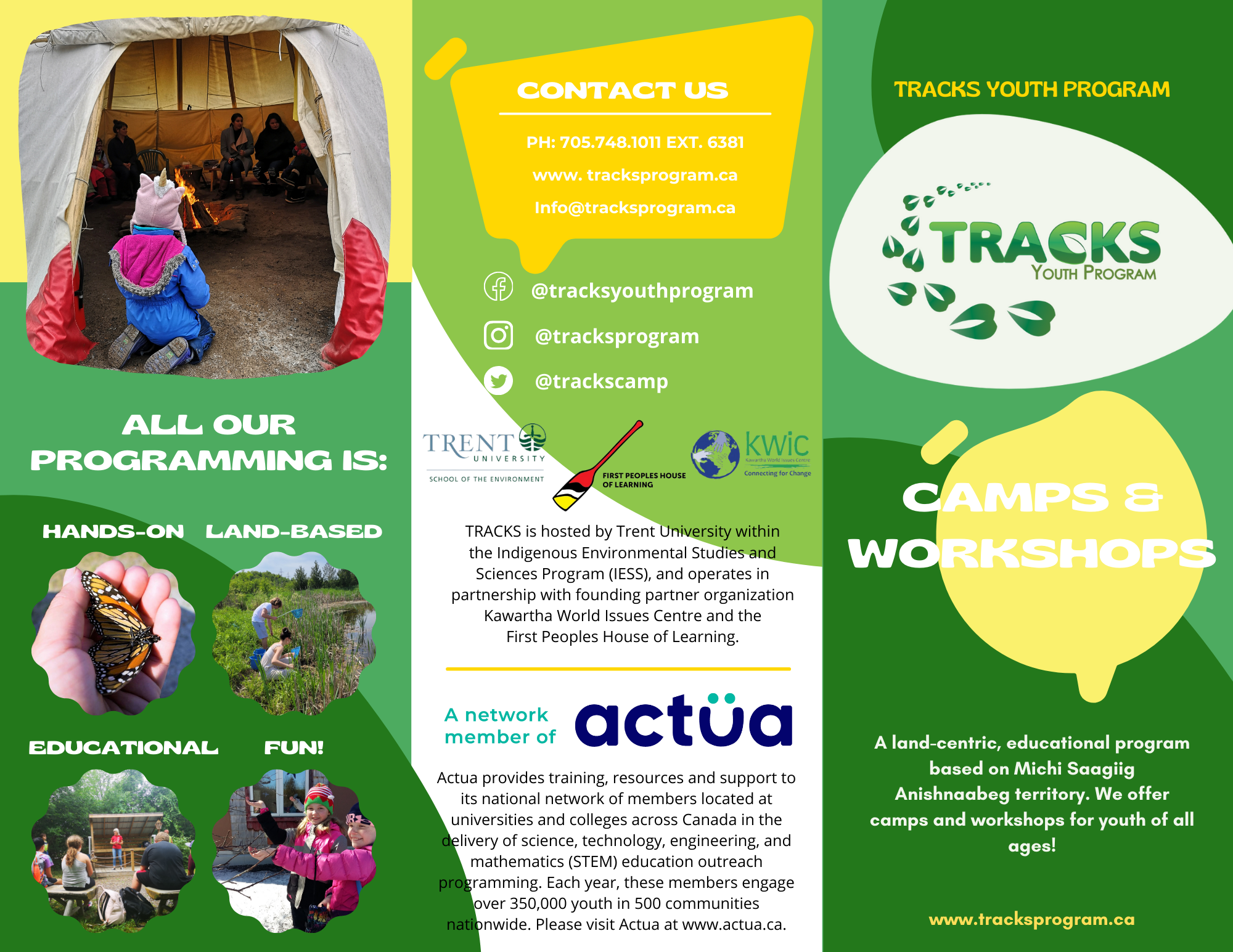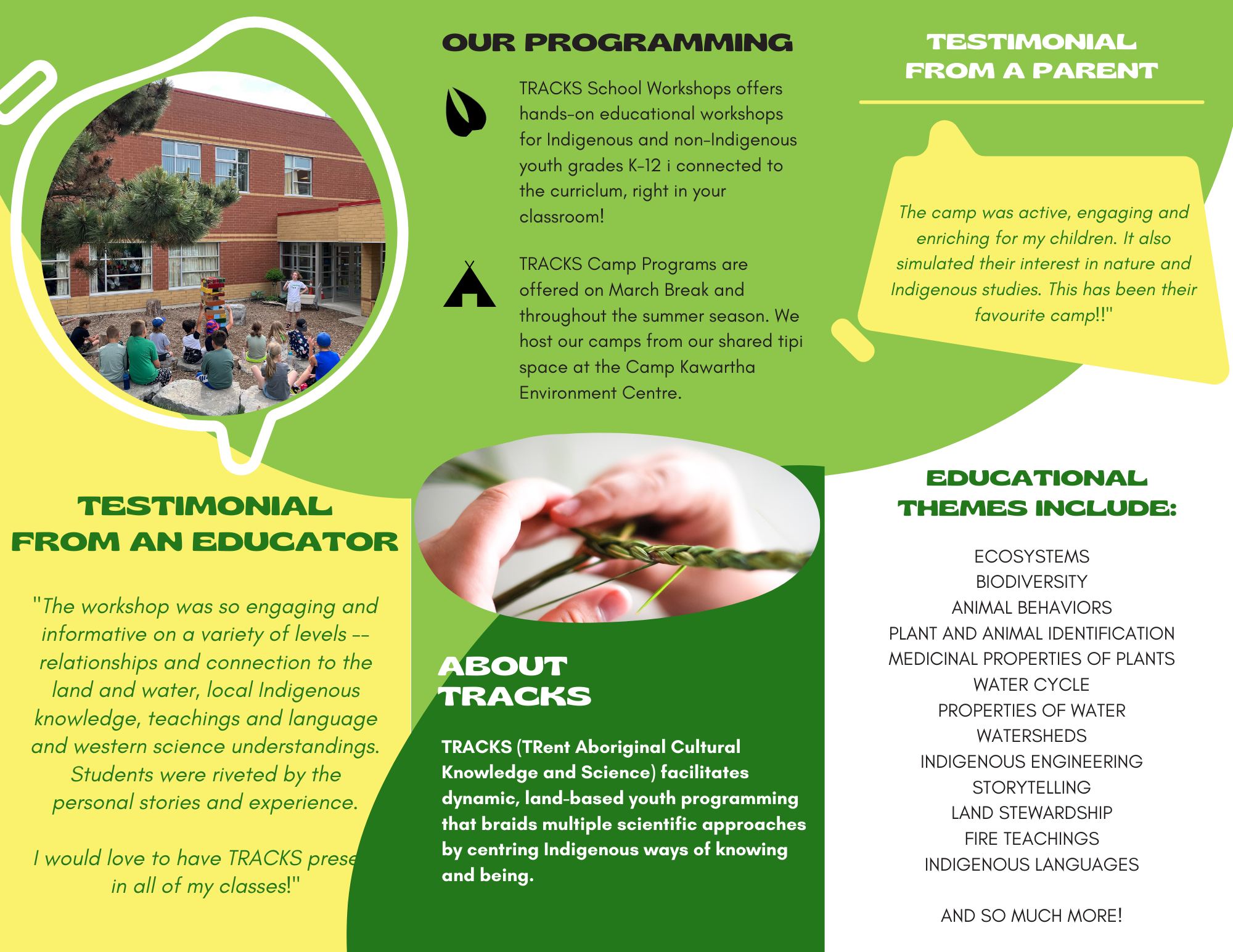New Title
Who we are
Dr. Chris Furgal
Co-Founder of TRACKS
Associate Professor, Indigenous Environmental Studies & Sciences Program; Director of the Nasivvik Centre for Inuit Health and Changing Environments; Co-Director of the Trent Indigenous Environmental Institute
Dr. Dan Longboat / Roronhiakewen (He Clears the Sky)
Co-Founder of TRACKS
Associate Professor, Chanie Wenjack School for Indigenous Studies; Founding Director of the Indigenous Environmental Science/Studies program (IESS)
Margaret Zou
Executive Director, Kawartha World Issues Centre
Advisory Circle
The TRACKS Advisory Circle is a group of community members who bring unique perspectives, skills and knowledges to advise and inform the direction of TRACKS programs.
2. To contribute to hands-on InSTEAM (Indigenous Science Technology Engineering Art and Math) learning opportunities from the elementary to post-secondary level.
3. To facilitate spaces where intergenerational knowledge can be shared and mentoring relationships can be nurtured.
4. To provide spaces where youth can be empowered to build relationships, learn together, and grow as leaders while honouring their diverse identities and backgrounds.
5. To encourage youth to deepen reciprocal relationships within their environments and embody understandings of their responsibilities to the land.
6. To collaborate with Indigenous Peoples, school boards and community organizations to strengthen relationships and activate culturally responsive learning opportunities.
7. To foster meaningful employment and volunteer experiences for young people interested in land-centric InSTEAM work.
STEERING TEAM GROUPS
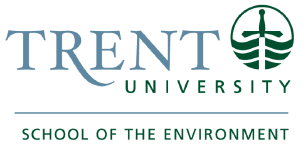
TRENT UNIVERSITY (IESS)
TRACKS is hosted by Trent University within the Indigenous Environmental Studies and Sciences Program (IESS).
Learn More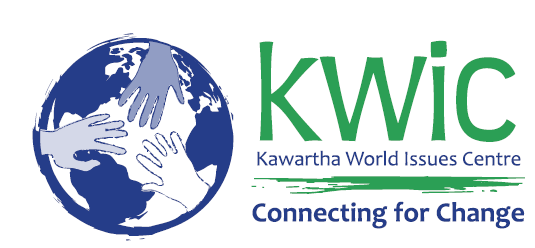
KAWARTHA WORLD ISSUES CENTRE (KWIC)
TRACKS is supported by the Kawartha World Issues Centre (KWIC). KWIC is a charitable Global Education and Resource Centre which promotes dialogue and understanding of world issues to enable people to engage in positive social and environmental change.
Learn More
FIRST PEOPLES HOUSE OF LEARNING (FPHL)
TRACKS operates in partnership with the First Peoples House of Learning at Trent University.
Learn More